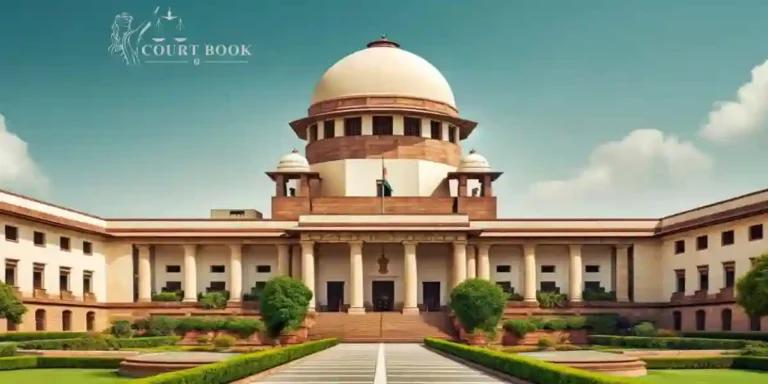The Supreme Court of India recently heard a Public Interest Litigation (PIL) seeking to replace the existing 5-year integrated LL.B course with a 4-year LL.B course, aligning with the National Education Policy 2020 (NEP 2020). The NEP promotes four-year undergraduate programs for professional courses.
A bench of Justice Vikram Nath and Justice Sandeep Mehta considered the plea filed by Advocate Ashwini Kumar Upadhyay. However, the court did not issue a notice on the petition and decided to tag it with another pending case related to the one-year LL.M course.
Advocate Upadhyay, the petitioner, argued that the current 5-year LL.B program is primarily a means of extracting money from students and their families, stating:
"05 years B. Law has been designed for extracting money and the most egregious part is that such dirty trick is being used in the name of education."
He emphasized that a five-year duration is not an accurate measure of a student’s legal expertise and added that the longer course duration puts an unnecessary financial burden on middle and lower-income families. The petition further highlighted that the New Education Policy 2020 supports four-year courses for all professional and academic fields, but the Bar Council of India (BCI) has not yet revised the duration of the LL.B and LL.M programs accordingly.
Read also: Supreme Court Urges Centre to Clear Collegium Recommendations to Address High Court Vacancies
The PIL also seeks a directive to the Centre to establish a Legal Education Commission or an Expert Committee. This committee would include educationists, jurists, retired judges, advocates, and professors tasked with reviewing and recommending changes to the syllabus, curriculum, and duration of LL.B and LL.M courses. The aim is to ensure the courses are efficient, affordable, and capable of attracting top talent to the legal profession.
During the hearing, Senior Advocate Vikas Singh, appearing for the petitioner, shared a personal story to illustrate the impact of the 5-year course:
"My Yoga teacher is having difficulty in educating his daughter because of the fees structure. He has to pay for five years. Four-year education policy also says."
Justice Nath suggested that the matter could be addressed with the Bar Council, following which Singh requested the case to be tagged with a related matter concerning the one-year LL.M program pending before Justice Surya Kant’s bench.
Read also: Supreme Court Urges Centre to Clear Collegium Recommendations to Address High Court Vacancies
Interestingly, this is not the first attempt by Advocate Upadhyay to challenge the duration of the LL.B course. Earlier, in April 2024, the Supreme Court refused to entertain a similar plea requesting a shift from a 5-year to a 3-year LL.B course for students after Class 12. At that time, then-Chief Justice of India DY Chandrachud remarked:
"We need mature people coming into the profession. This 5-year course has been very beneficial."
The petitioner also highlighted the financial burden on students from middle and lower-income families, arguing that the current 5-year duration delays their ability to become financial contributors to their families.
Case Details: ASHWINI KUMAR UPADHYAY v. UNION OF INDIA AND ORS|W.P.(C) No. 453/2025















